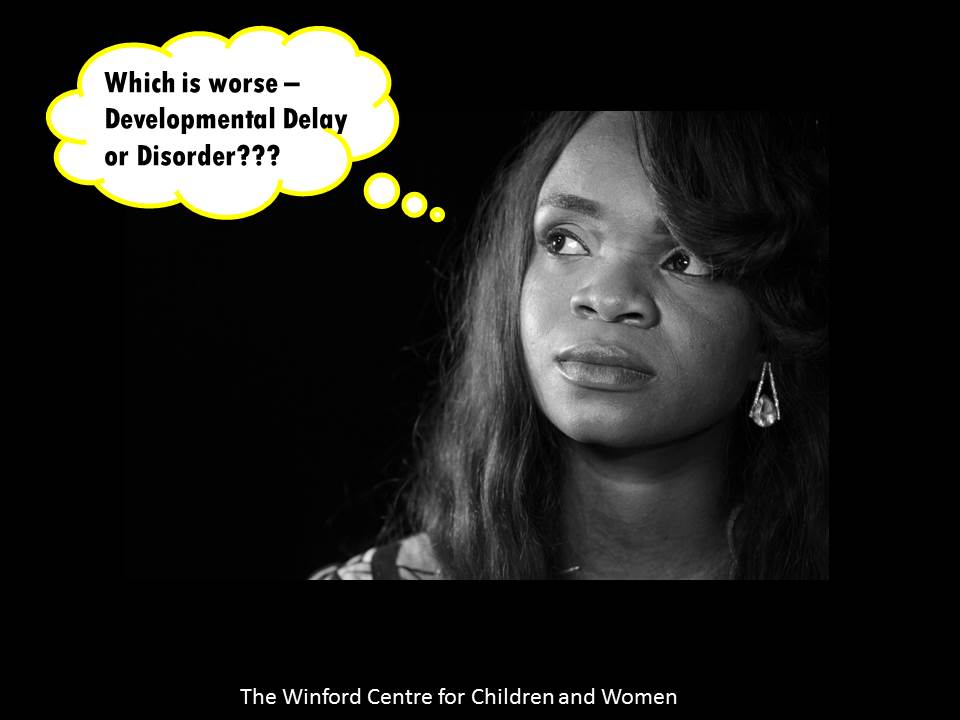
Without understanding fully what either term means, you are probably thinking one is worse than the other. This is not necessarily so. Somewhere in your mind you may be tempted to believe that a delay just means late and therefore your child will catch up with time but what if it is a delay which will last into adulthood or through life? Or what if it is a delay that lasts long enough to become a disorder? The extent of the lag and the presence of other symptoms should give you a clue. For instance, if a child is not walking by 24 months, you may be worried that the child has a delay. However, if the same child is also not using any words by this time or not gesturing appropriately for their age, it could then be an indication of other underlying conditions.
Whilst a developmental delay could simply mean that a child is not meeting their developmental milestones (in one or all areas of physical, cognitive, behavioural, emotional and social development) as expected, it might also be an early warning sign for some other underlying issues which would need to be resolved by a professional. A developmental disorder on the other hand means that the process of development is either not following the right order or is even missing a particular step resulting in impairment in one or more areas of functioning. Think of a disorder this way: A, B ,C, D, E, F is the natural sequence of alphabets but if it then starts to go A,B,D, C,F, you call that a disorder. The symptoms of a disorder can improve over but the impairment itself would not be outgrown.
The question now is why should it matter to you as a parent if it is a delay or a disorder? Maybe the comfort you get from thinking the particular developmental challenge will eventually pass away? Whatever you think please share your comments below.
At the end of the day, you should remember that be it a delay or a disorder, early intervention is key and makes a lot of difference to how the child will be able to overcome their challenges. Track your child’s development, trust your instincts and if you have any concerns, speak to your paediatrician.
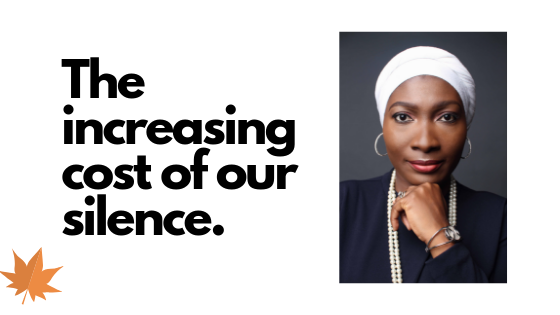
Last month I went to a primary school to do a book reading. This book reading program is a pioneering initiative of The Winford Centre […]
Read More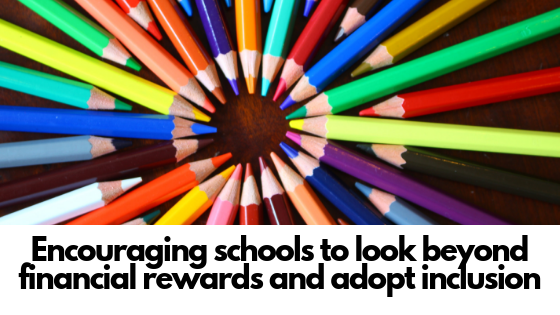
The child comes first, always. The way to address an issue is to first talk about the issue. In talking about it, we want to […]
Read More
Teachers play a critical role in the lives of children for which we will be eternally grateful. But there is no denying that teaching can […]
Read More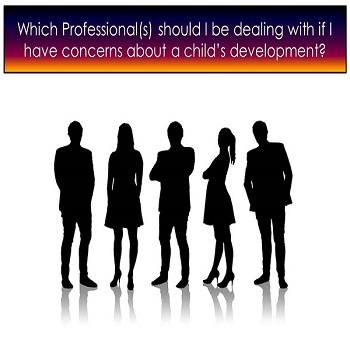
Dear parent, carer, educator and concerned individual out there, it is very possible that you may notice an unusual pattern with a child’s development or learning […]
Read More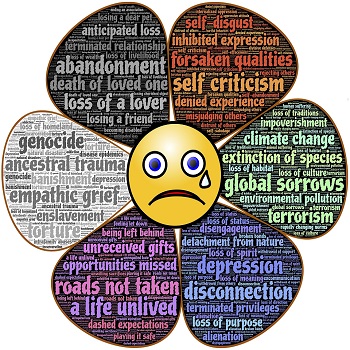
As parents, carers and educators, we have the responsibility of looking out for children in our care as they are considered vulnerable. This is especially […]
Read More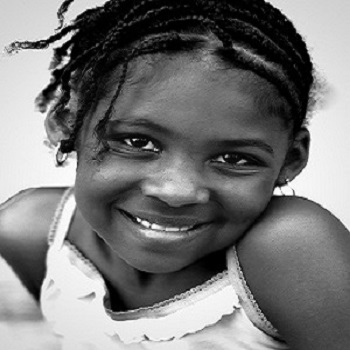
Many times, you may find that if you tell an adult with Autism or a parent who has a child with Autism that their child […]
Read More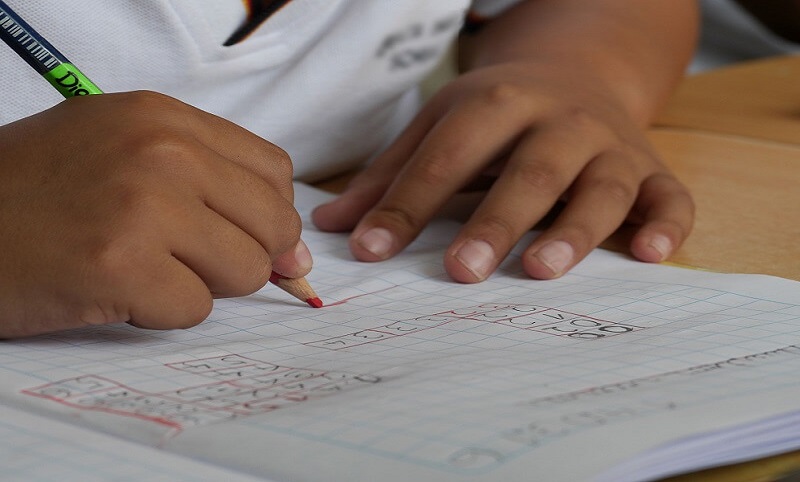
Dysgraphia is a neurological disorder characterised by a difficulty in handwriting. Having dysgraphia doesn’t make a child lazy. Writing involves a number of complex skills […]
Read More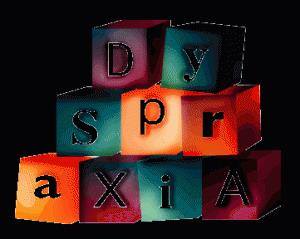
Dyspraxia also known as Developmental Coordination Disorder is a motor disorder which affects gross and fine motor skills in infancy and early childhood. It is […]
Read More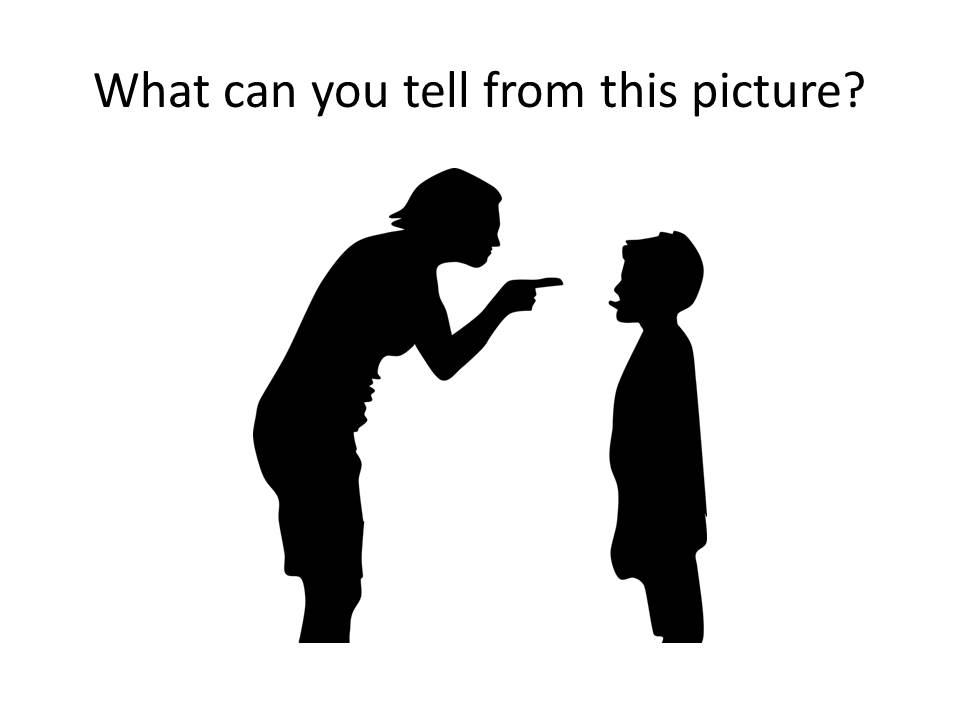
Lead by example Teach Model Nurture Groom Show love Show understanding Be compassionate Encourage positive behaviour and attitude Have faith in self Don’t be the […]
Read More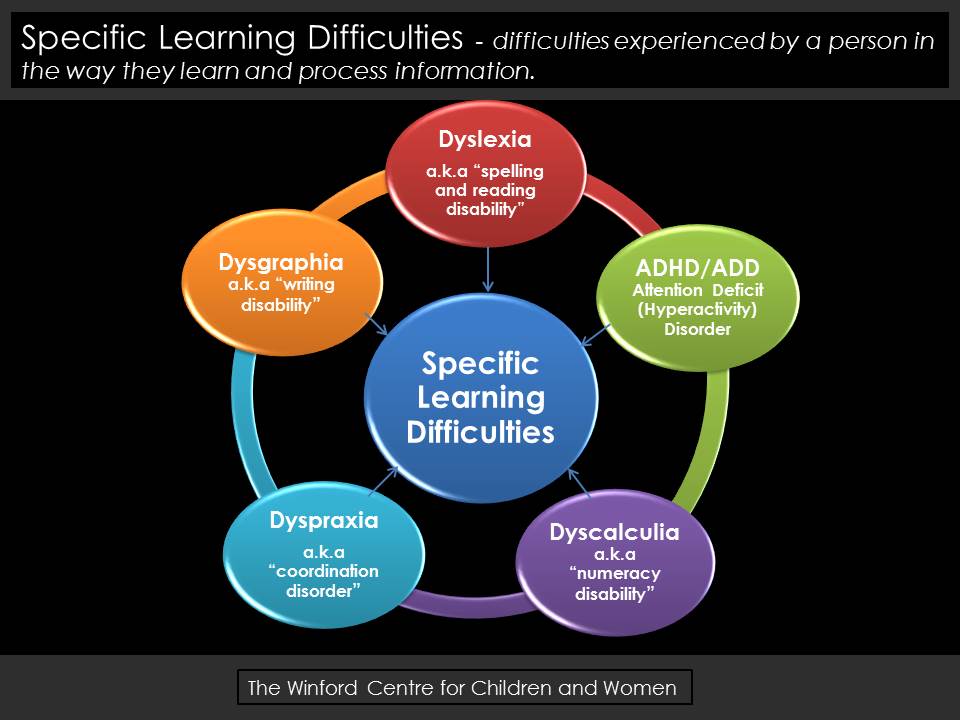
As your children start to grow, you may notice that they are struggling with certain areas of their learning. Sometimes, this may be as a […]
Read More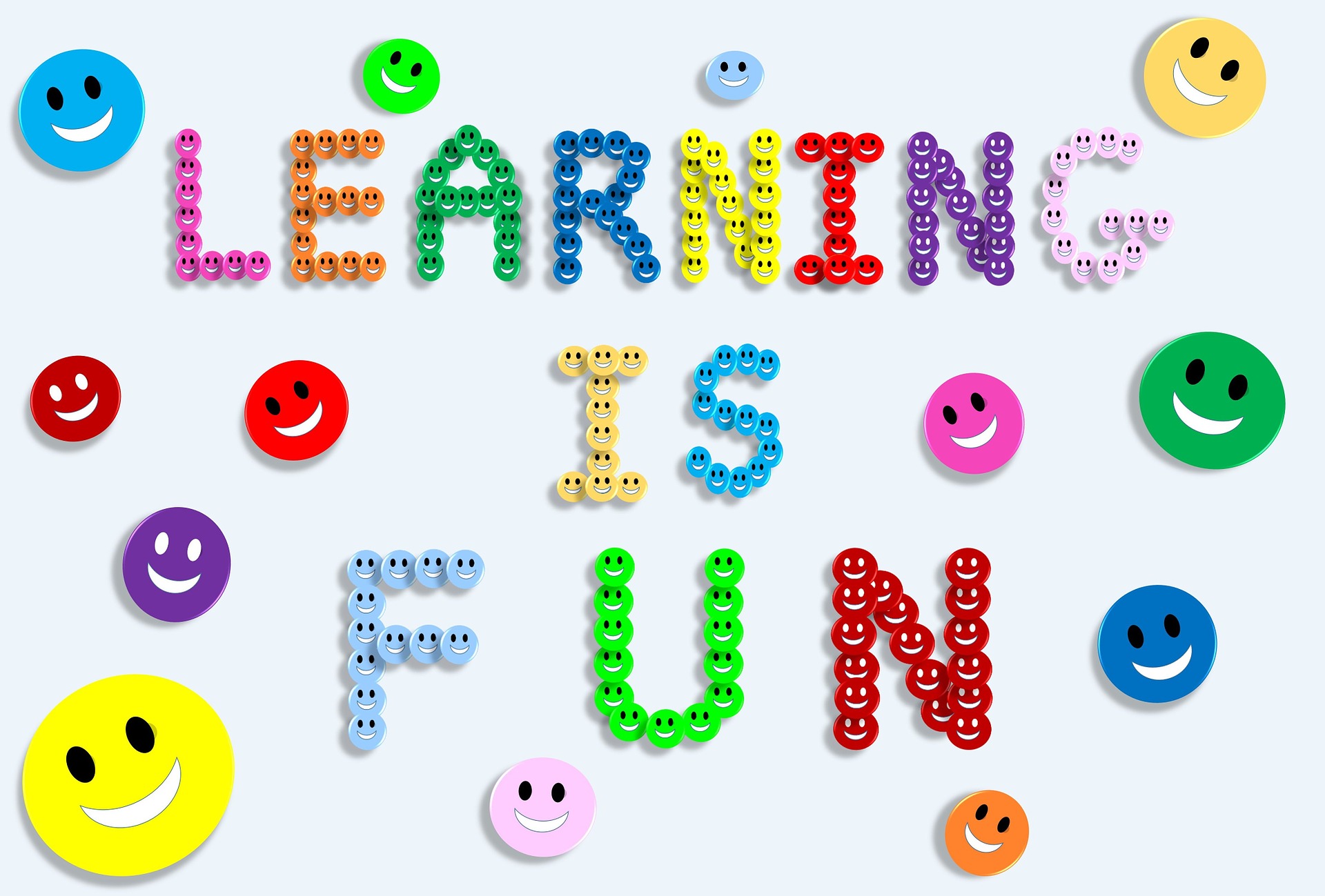
All children learn at different paces, and it is not uncommon to find that special needs children can take a bit longer to learn basic […]
Read More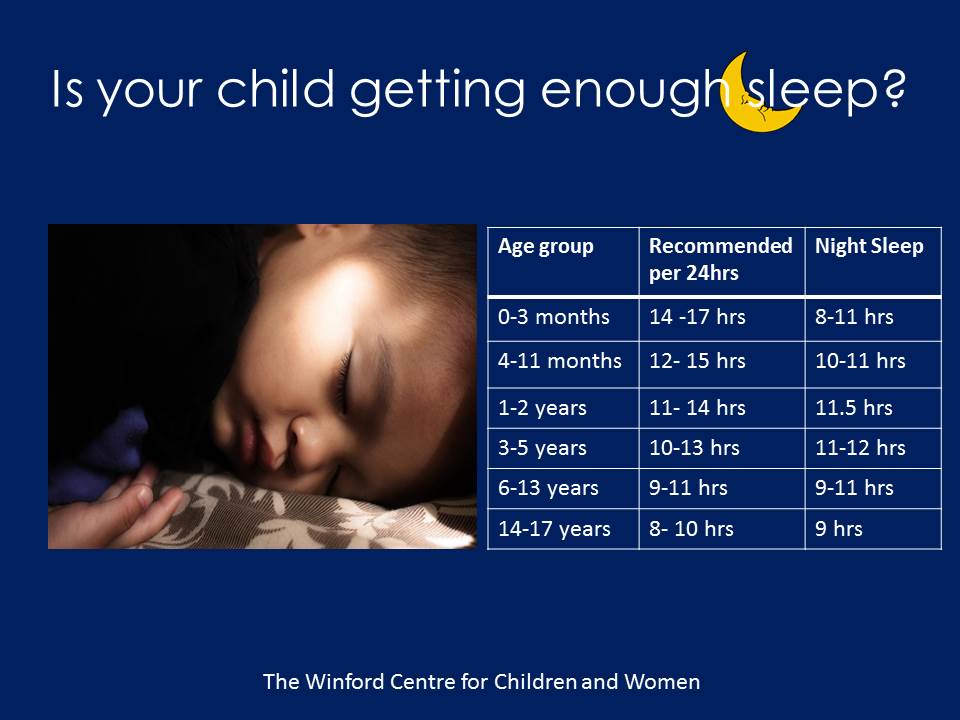
You are busy…very busy. You have to work and make ends meet. So your child like an adult, starts their day at 5.00am. They need […]
Read More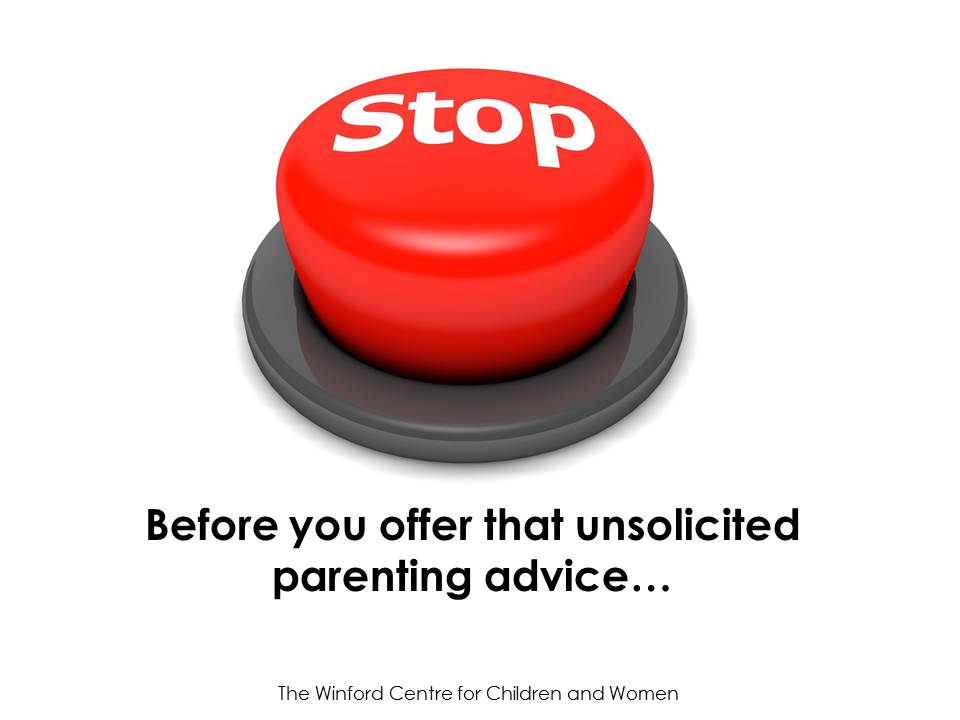
This is a society where we believe “it takes a community to raise a child”. Therefore, we are automatically entitled to giving parenting advice to […]
Read More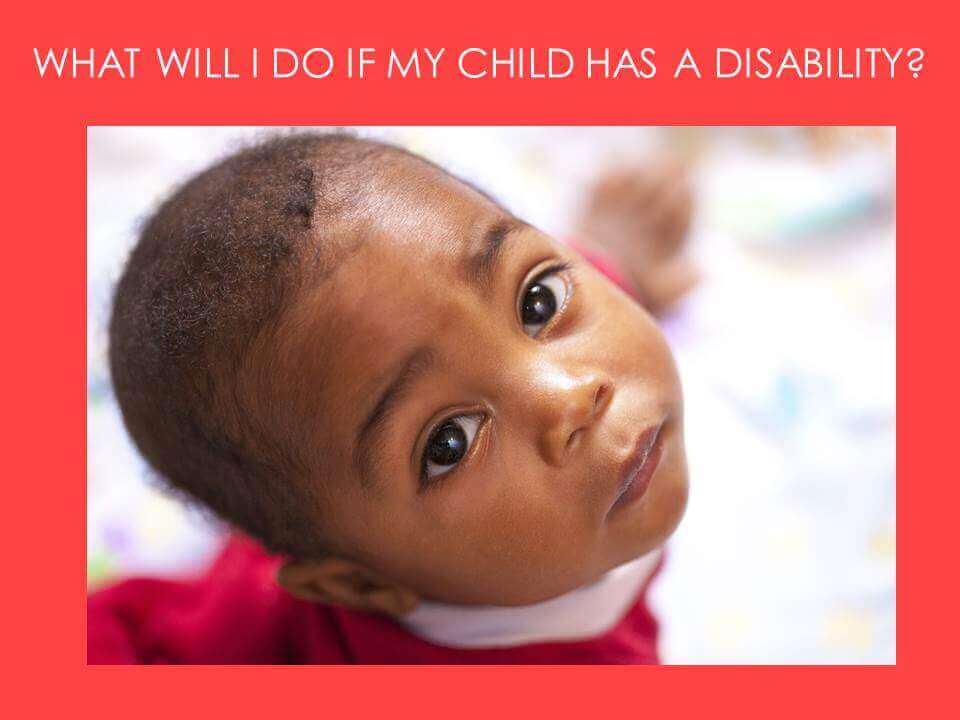
God forbid!!! It is not my portion!!! Ok let’s stop there. It is just a question (one worth giving a thought). A disability is not […]
Read More
Vulnerability means to be susceptible to being harmed or hurt. All children are vulnerable but those with special needs or disabilities are considered even more […]
Read More